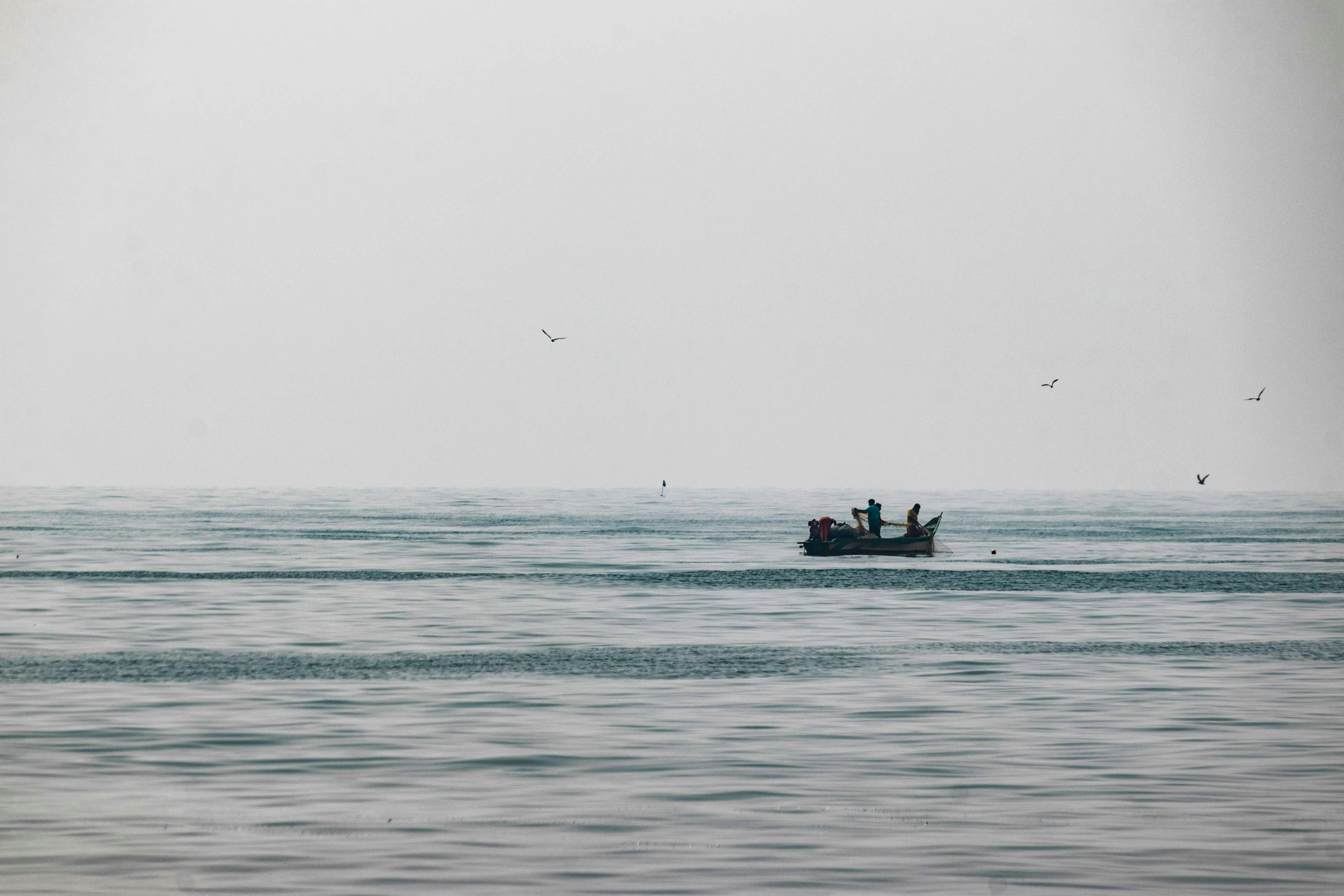About
In the absence of formal fisheries management and property rights, it is widely assumed that fisheries act as an open access system which can lead to overexploitation of common pool resources. But in some settings, fishers may develop special expertise and a competitive advantage as they fish in the same area over time, leading to informal property rights. These informal property rights give resource users an incentive to conserve and steward their resources even in the absence of formal rules. We think it has the potential to turn conventional assumptions of fishing dynamics on their head. Rather than being simply exploiters of a resource, perhaps fishers are stewards of their resources, generating previously unrecognized and unmeasured conservation benefits. This project aims to determine if fishers have informal spatial property rights, and if so, quantify how much conservation benefits fishers may generate on their own.
Approach
To better understand fisher behavior in open access settings, our team is leveraging a unique natural experiment setting that has occurred many times in the ocean: between the period when a marine protected area (MPA) is announced and when it is implemented, this fundamentally changes the outlook fishers have in terms of future profit potential beyond the proposed implementation date - instantly it goes to zero. Our previous research has shown that fishing pressure may actually increase during this time period, a concept referred to as the Blue Paradox. Increased fishing pressure during this time period may be indicative of a situation where fishers had actually been voluntarily fishing less than they could have prior to an MPA announcement. We will build off our previous research, which looked at only a single MPA, to quantify whether this effect occurs across dozens of fully and highly protected MPAs. If the “Blue Paradox” effect is stronger in areas where fishers exhibit more site fidelity and therefore more information specialization, this would be supportive of the hypothesis of informal property rights and voluntary conservation. Our modeling approach leverages vessel-level AIS data, a new MPA dataset that features announcement and implementation dates for over 500 MPAs, and concepts of the Blue Paradox to determine if and how fishing behavior changes when an MPA is announced. Ultimately, this project will answer: 1) Does the Blue Paradox hold across other MPAs? 2) Do fishers voluntarily provide conservation benefits? 3) What is the magnitude of these previously unrecognized conservation benefits?
Partners
This project is in collaboration with Conservation International (CI) as part of the Arnhold UC Santa Barbara-Conservation International Climate Solutions Collaborative. UCSB and CI launched this initiative through generous support from John Arnold (UCSB '75) to unify their demonstrated expertise and networks to conduct cutting-edge applied research to yield tangible, progressive solutions and propel the careers of emerging environmental professionals.
